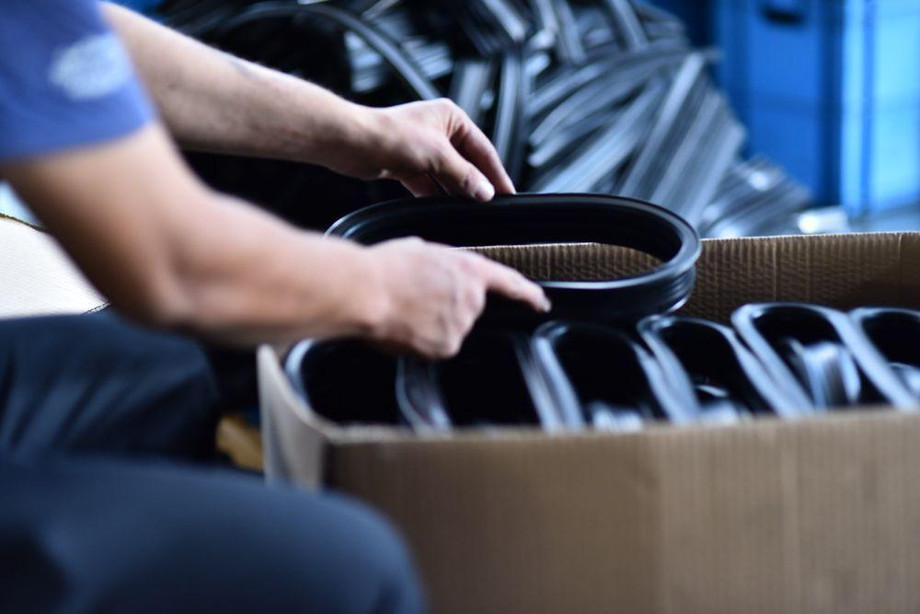Rubber factories play a crucial role in the manufacturing industry by transforming raw rubber material into a wide range of versatile products. From automotive components and household goods to industrial machinery and medical devices, rubber factories are at the forefront of producing essential rubber-based products. In this article, we explore the operations and significance of rubber factories in the modern manufacturing landscape.
Raw Material Processing
Rubber factories start their operations by processing raw rubber material obtained from rubber plantations or suppliers. The raw rubber, in the form of latex or solid blocks, undergoes various stages of processing. These processes include cleaning, drying, and refining to remove impurities and enhance the quality of the rubber. This initial stage is crucial as it sets the foundation for the quality and performance of the final rubber products.
Compounding and Mixing
Rubber factories employ compounding and mixing techniques to enhance the properties of rubber and achieve desired characteristics. During this stage, various additives, fillers, and chemicals are combined with the processed rubber. The compounding process ensures proper dispersion and distribution of these additives, which can include reinforcing agents, vulcanizing agents, and colorants. The precise formulation and mixing parameters are critical in achieving the desired physical properties, such as strength, flexibility, durability, and resistance to heat, chemicals, and weather conditions.
Molding and Shaping
Rubber factories utilize various molding and shaping methods to convert the compounded rubber into specific products. These methods can include compression molding, injection molding, extrusion, and calendaring. Compression molding is commonly used for producing rubber sheets, gaskets, and seals, while injection molding is suitable for more complex and intricate products like automotive parts and medical devices. Extrusion is employed for creating profiles, tubes, and hoses, while calendaring produces rubber sheets with precise thickness and smooth surfaces. These molding and shaping processes allow rubber factories to transform the raw material into products of different shapes, sizes, and functionalities.
Vulcanization and Curing
Vulcanization is a crucial process in rubber manufacturing that involves the application of heat and pressure to the molded rubber products. This process chemically bonds the rubber molecules together, resulting in increased strength, resilience, and resistance to deformation. The vulcanization process typically takes place in specialized curing ovens or autoclaves. The duration and temperature of the curing process are carefully controlled to ensure optimal physical properties and product performance. Vulcanization is essential for enhancing the durability and longevity of rubber products, making them suitable for a wide range of applications.
Quality Control and Testing
Rubber factories maintain rigorous quality control measures to ensure the production of high-quality products. Quality control involves regular inspections and testing at various stages of the manufacturing process. Samples are taken and tested for physical properties, such as hardness, tensile strength, elongation, and tear resistance. Additional tests may include heat resistance, chemical resistance, aging resistance, and dimensional accuracy. These quality control procedures help to identify any deviations or defects early in the production process, ensuring that only products that meet strict quality standards are released to the market.
Product Packaging and Distribution
Once the rubber products have undergone quality control and testing, they are packaged and prepared for distribution. Rubber factories utilize appropriate packaging methods to protect the products during transportation and storage, ensuring they reach their destination in optimal condition. Depending on the nature and size of the products, packaging may involve individual wrapping, cartons, or pallets. Efficient logistics and distribution networks ensure timely delivery to customers, whether they are manufacturers, retailers, or end-users, enabling the products to be incorporated into a wide range of industries and applications.
For More Info:-
Rubber manufacturer in United arab emirates






Comments